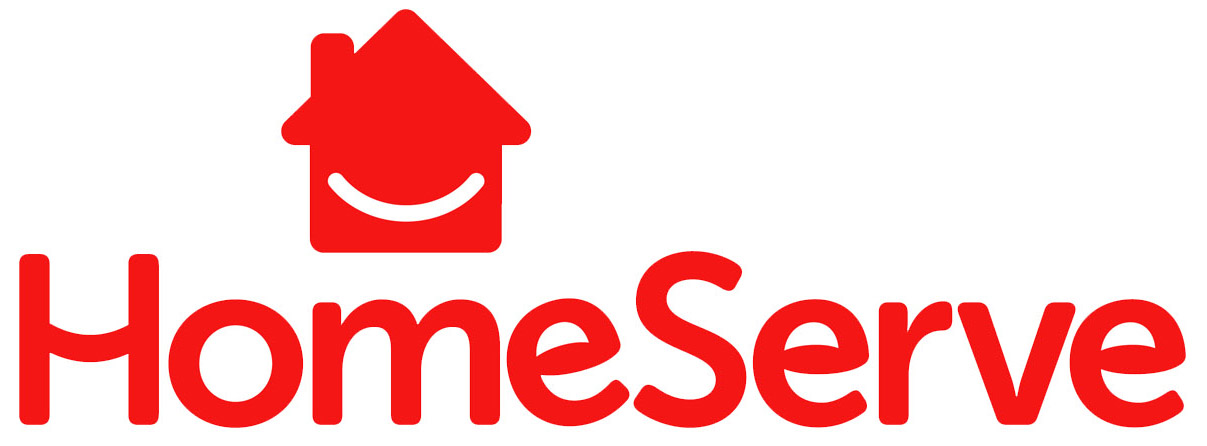Improved energy efficiency, increased interest in renewable energy and flattening load growth, combined with a pressing need for grid optimization, means that many energy utilities are looking to improve customer satisfaction – a key ROE metric – and find alternative sources of revenue. Affinity partnerships can do both.
Consumers want to be offered recommendations by their energy providers, and two-thirds of those who received a recommendation found it highly relevant, with three-quarters following through on it. Making a recommendation boosted brand trust by more than 80 points on a 1,000-point scale, and especially relevant recommendations increased trust by nearly 150 points. Not only do residents want to be offered recommendations, but they want to be offered a choice of services.
Affinity partnerships allow utilities to offer both choices and recommendations without having to invest man-hours, money and resources. Many utilities are already engaged in affinity partnerships – value-added services provided through third-party vendors are the most common. Utilities have the advantage of a trusted brand and a historically wide consumer base, providing residents unprecedented access to value-added products and services, including energy services, home services and information services.
Energy services such as surge protection, lighting, weatherproofing, energy storage and electric vehicle charging fit well into utilities’ wheelhouses. Information services is rapidly gaining ground as energy auditing becomes even more enticing to both residential and business customers and real-time analysis of smart meter data allows residents to manage consumption and costs. Utilities’ connectivity and available data make them an attractive affinity partner for companies moving into the smart home market. As digital disrupters such as Google and Amazon enter this market, utilities must compete or be left behind.
Home solutions such as home inspection, landscaping, emergency home repair plans and home security systems are attractive to many utility consumers, especially the emerging category of Millennials. They want services that are fast, convenient, tech-friendly and available across multiple digital channels. Utilities can leverage their strong brand and perceived reliability to enter this space, although they will need increased social media presence, marketing and technology – areas where utilities have not historically done well, but where an affinity partner can offer expertise.
Utility consumers who received an emergency home repair plan through their utility rated their provider higher than those who didn’t – an increase of 40 percent for gas providers and 36 percent for electric providers, according to a HomeServe USA survey. In addition, 59 percent of those who didn’t have policies would have an improved opinion of their utility provider if they offered a repair plan. More than 80 percent said a utility should inform residents what repairs the utility doesn’t cover – for example, electric and gas service lines.
Dorothy, a customer of a large utility in Houston, learned that her gas service line, although only 15 years old, was out-of-code and leaking – and it was a job that would require 50 feet of trenching and cost approximately $3,000.
“I signed up [for emergency home repair coverage] in July, I believe, never thinking this would happen, but it did, and I’m very glad that I had,” she said. “When I called, the agent was very helpful, answered any questions I might have, reassured me that I was covered, which made me very happy. The contractor that HomeServe sent out was very helpful and ready to fix whatever it was.”
Hear Dorothy’s story:
HomeServe USA partners with utility providers to offer home warranties, complementing other energy services offerings and providing reliable and convenient repair services for home electric, gas, water and sewer lines. To find out how HomeServe can expand your home services offerings, contact us.

